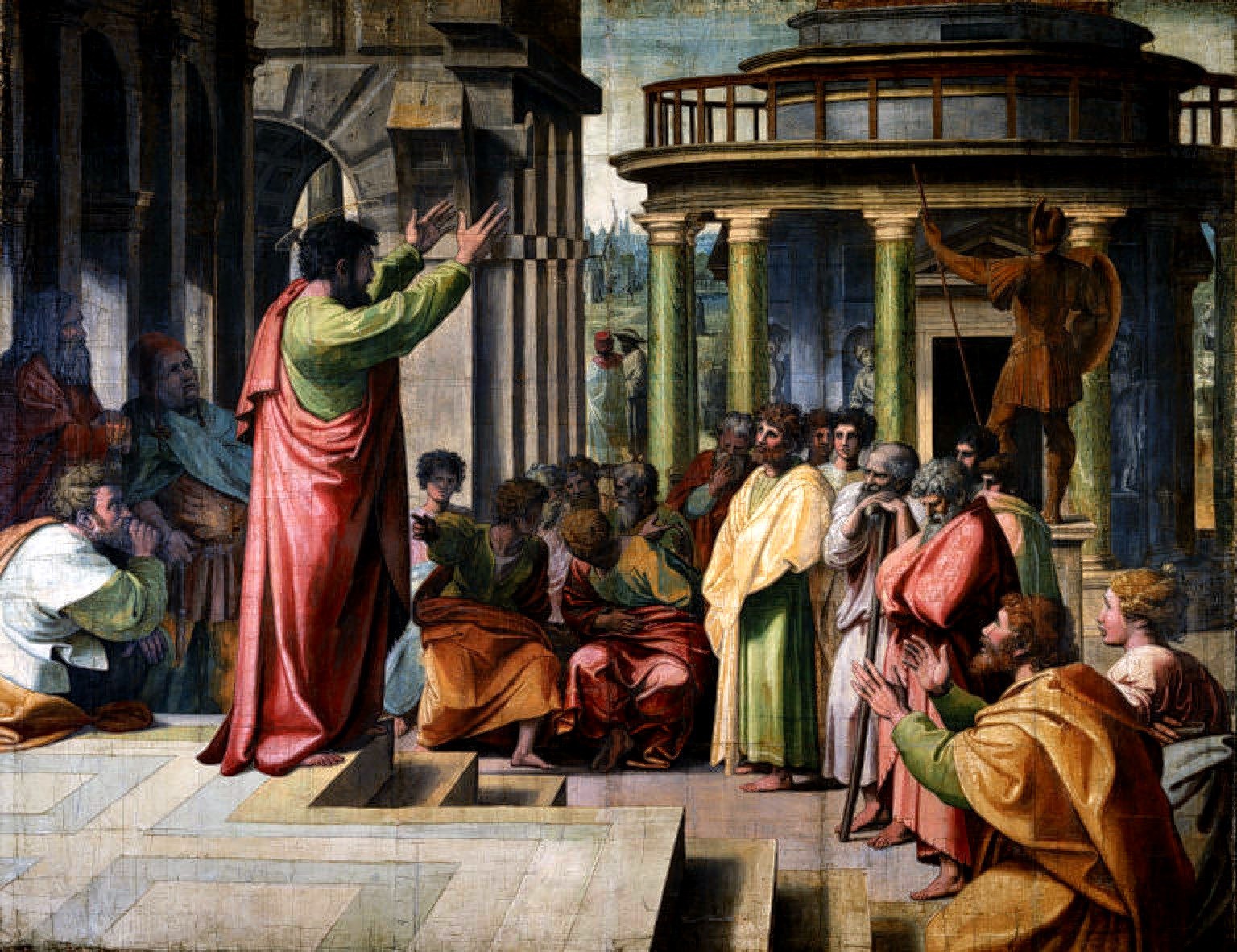Category: Bible Textual Integrity
-
Comparison of the Texts in the Synoptic Gospels Regarding Jesus
In this article, I have compared the accounts of one event as described in the first three Synoptic gospels, Matthew, Mark and Luke. The reader should realize after comparison that the gospels were originally transmitted through oral tradition. In the process of writing, the writers of the gospels had changed the tradition according to their…
-
Epimenides Paradox : Was Paul “Inspired”?
Introduction In a study of logic, there is something which we call “undecidable propositions” or “meaningless sentences”, which are statements that cannot be determined because there is no contextual false. One of the classic examples cited is the Epiminedes’ paradox. Saul Kripke says : Ever since Pilate asked, “What is truth?” (John XVIII, 38), the subsequent search for…

